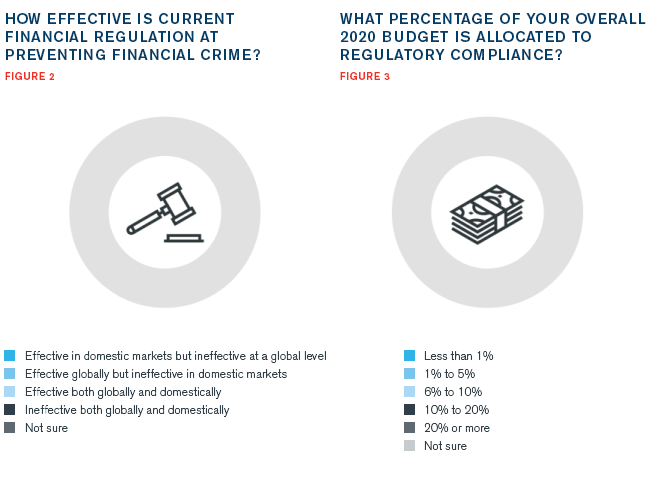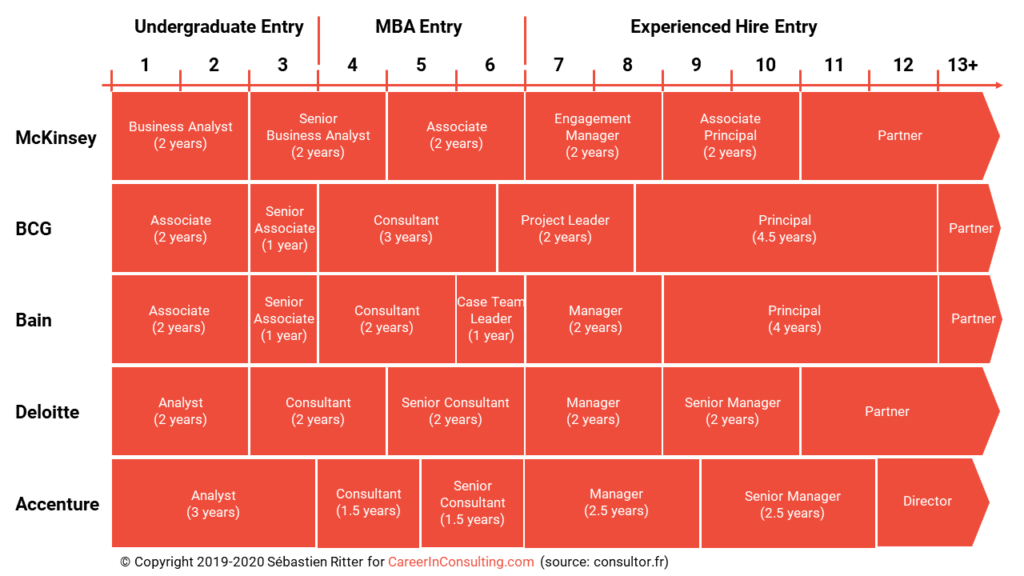
The main question when it comes to choosing the right entity for your business is which one is best: an LLC? or an S Corp. Which one will be more advantageous for you? Both the most common business structures can be tax-efficient. Additionally, double and pass-through taxation are important issues to consider. Both topics will be discussed in this article. You will ultimately make the decision, but it is important to consider both the benefits and drawbacks of each entity before making your final decision.
llc vs s corp vs s corp vs s corp vs s corp vs s corp vs s corp vs s corp v
These differences are significant and this article is only scratching the surface. No matter what your business structure is, it is important to keep it organized for the success of your company's future. Barrett McNagny is available to provide information on the differences and advantages of each entity. It is a good idea to review your business's needs, including its legal structure, before deciding which to choose.

It is important to know the differences between an LLC or an S Corp when you start a business. While an LLC provides personal liability protection, operating as an S corp can bring tax benefits. However, operating as a S corp also means following extra regulations and restrictions on management. A LLC is best if you have more than 2 employees. An S Corp will also have limited liability, but a large amount of legal and tax benefits.
Another major difference between an LLC and an S corporation is taxation. An LLC is treated the same as a partnership or sole proprietorship, but can also pay employment taxes. S corporation owners are allowed to pay their employees a reasonable salary. An LLC cannot make profits if it doesn't have employees. Therefore, an LLC is more expensive than an S corporation to run.
Double or pass-through taxation
S corporations and LLCs often get compared in tax matters. Although LLCs generally pay less tax than S-corps, the differences between them are not that significant. An LLC can be taxed in either the S or C category depending on its structure. An LLC with more than one shareholder can also elect to be taxed a pass-through entity. This means that the members of the LLC pay personal income taxes. The biggest advantage to this structure is that the owners of the business can take advantage of deductions for business income by claiming the business revenue on their personal tax returns.

Another benefit to an LLC is its flexibility. Although an S Corporation may have the same legal protections and rights as a C Corporation LLC owners can choose to be taxed just like a C Corporation. This way, they can save money on self-employment taxes while enjoying the pass-through taxation benefits of an LLC. You can also choose between an S-Corp or a C-Corporation depending on your needs and financial situation.
FAQ
Why would a company want to hire a consultant for their business?
Consulting provides expert advice about how to improve your business performance. Consultants are not here to sell products.
Consultants help companies make better business decisions through sound analysis and suggestions for improvement.
Consultants often work closely alongside senior management teams to help understand what they need to succeed.
They offer leadership coaching and training to help employees reach their full potential.
They could advise businesses about reducing costs, streamlining processes and increasing efficiency.
Who hires consultants
Many companies hire consultants to help with their projects. These can include small businesses and large corporations, government agencies as well non-profits and educational institutions.
Some consultants work directly for these organizations, while others freelance. The process of hiring depends on the size and complexity the project.
When hiring consultants, you will probably go through several rounds of interviews before choosing the person you think would be best suited for the position.
What is the cost of hiring a consultant?
It is not easy to determine how much it will cost to hire a consultant. These factors include:
-
Project size
-
Time frame
-
Scope of employment
-
Fees
-
Deliverables
-
Other considerations such as experience level, location, etc.
Why do you need consultants?
You might need consultants for a variety of reasons.
-
A specific project or problem may be a challenge for your company.
-
You want to improve or learn new skills.
-
You would like to work with an expert in your field.
-
There is nobody else who can do this job.
-
You feel overwhelmed with all the information you see and don’t know where it is.
-
You don't have the money to pay someone full time
You can find good consultants by word of mouth. Ask around to see if you know any good consultants. If you already know someone who works as a consultant, ask him/her for recommendations.
If you decide to use online directories like LinkedIn, use the "Search People" feature to look for consultants in your area.
Statistics
- So, if you help your clients increase their sales by 33%, then use a word like “revolution” instead of “increase.” (consultingsuccess.com)
- On average, your program increases the sales team's performance by 33%. (consultingsuccess.com)
- According to IBISWorld, revenues in the consulting industry will exceed $261 billion in 2020. (nerdwallet.com)
- According to statistics from the ONS, the UK has around 300,000 consultants, of which around 63,000 professionals work as management consultants. (consultancy.uk)
- "From there, I told them my rates were going up 25%, this is the new hourly rate, and every single one of them said 'done, fine.' (nerdwallet.com)
External Links
How To
How can you find the best consultants?
When searching for a consultant, the first thing you should do is ask yourself what your expectations are. Before you start looking for someone to work with, it's important that you know your expectations. Make a list of everything you think you might need from a consultant. This list could include technical expertise, project management skills, communication skills and availability. Once you've listed out these requirements, then you may want to consider asking some friends or colleagues who they would recommend. Ask your friends or colleagues about any negative experiences they have had with consultants, and compare their recommendations with yours. Research online if you don’t already have recommendations. You can post reviews on your previous work experiences on many websites like LinkedIn, Facebook and Angie's List. Take a look at comments and ratings from others, and use that data to find potential candidates. Once you have a shortlist, be sure to contact potential candidates directly to schedule an interview. Talking through your requirements during the interview is a good idea. Ask them questions about how they can assist you in achieving those goals. It doesn't matter whether they were recommended to you or not; just ensure that they understand your business objectives and can demonstrate how they can help you reach those goals.